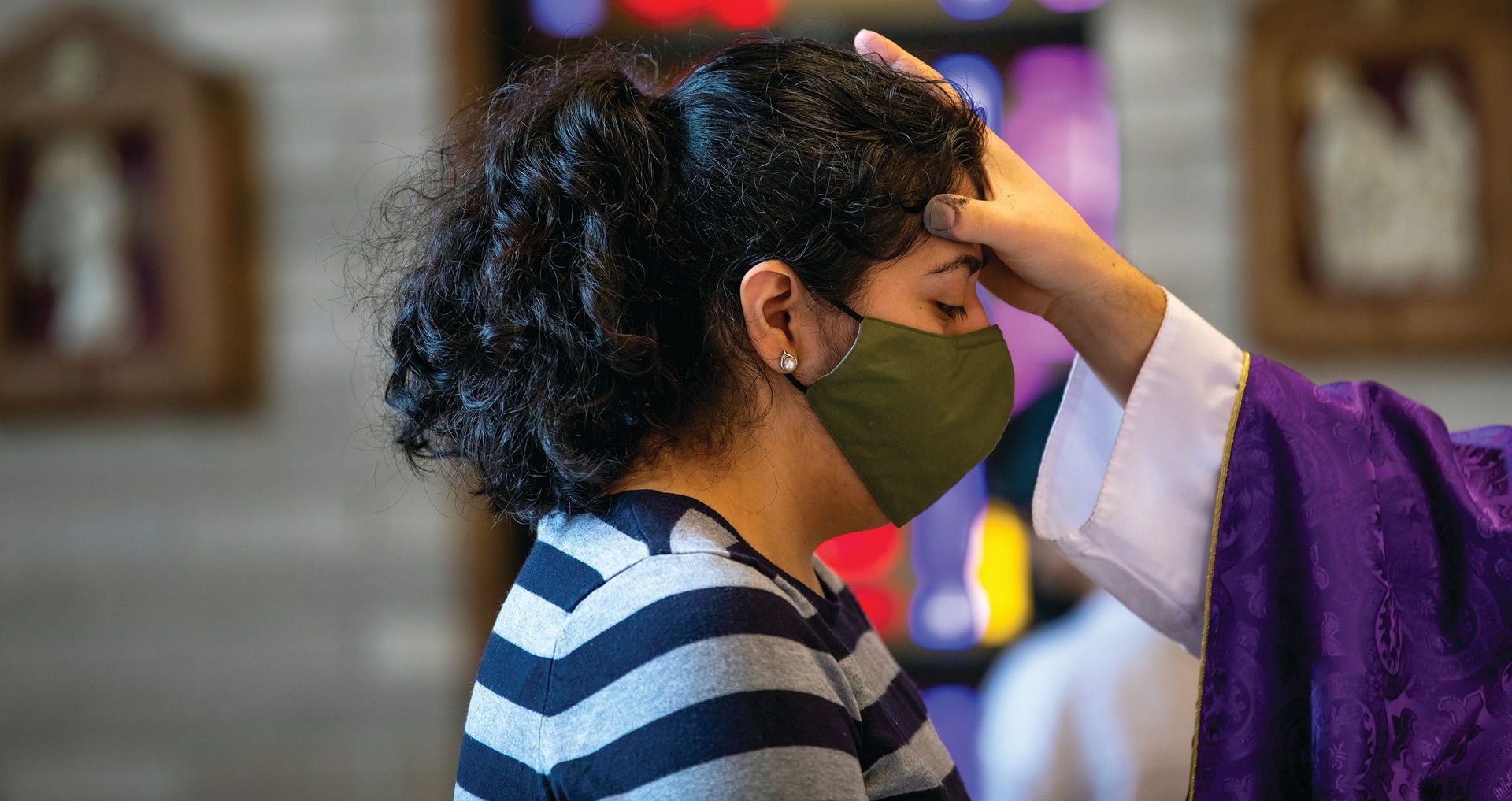Master, to Whom Shall We Go?
Master, To Whom Shall We Go?
There is a clear distinction between body and spirit in the gospel according to John. The author, similar to other evangelists and writers of that time, is strongly influenced by the Greek dualistic philosophy. The Greeks brought division and conflict between the two worlds, material and spiritual. The material realities, everything that is visible and physical, were presented and taught as inferior to the spiritual world, invisible and supernatural realities. Moreover, the material things, including the human body, were understood as a necessary evil and as an obstacle to attain spiritual reality and infinity. In today’s
gospel we have a good example of that dualism that comes up many times. “It is the spirit that gives life, while the flesh is of no avail” (John 6:63).
Today’s gospel is written in the context of the Eucharist. In fact, the entire chapter six is meant to explain the Eucharist. The paradox of John’s gospel is that the Eucharist is presented above John’s dualistic terminology. The Eucharist is like an exception of that dualistic law. In contrary, the Eucharist brings a holistic understanding of the two realities, spiritual and material. The Eucharist links and bonds the two conflicted worlds together as one reality.
Jesus explains the Eucharist as his flesh and blood to his disciples. It is divine food that leads them to eternity. “Whoever eats my flesh and drinks my blood has eternal life, and I will raise on the last day (John 6:54) … This is the bread that came down from heaven… whoever eats this bread will live forever” (John 6:58). The Eucharist, as Jesus’ body and blood, spiritually nourishes their faith on earth, and leads them to life eternal. Such understanding of the Eucharist breaks the philosophical dualism, and brings the two realities, spiritual and material, together as one. This point, that exception of the dualistic rule, is very clearly made by the author of the gospel.
The disciples of Jesus could not understand Jesus’s words about the mystery of the Eucharist in today’s gospel. Many of them left and did not follow Jesus anymore. We are also affected by the Greek philosophy today. And it does not help in our understanding and belief of the Eucharist. It is just our pure faith, and not our reason and philosophy at all, that encourages us to believe in the Eucharist. This was the faith Peter showed when Jesus asked the Apostles if they were going to leave. He responded, “Master, to whom shall we go?” Peter did not understand what Jesus was saying any better than those who were leaving Jesus but, as he said, “We have come to believe and are convinced that you are the Holy One of God”
(John 6:69). Sometimes Peter put his foot in his mouth, but this time he answered perfectly. It is as good an answer as we could give to anyone as to why we are here today.
Fr. Andrzej










